
jobs.sciencecareers.org/job/674815/a...

jobs.sciencecareers.org/job/674815/a...


www.science.org/doi/10.1126/...
(1/4)
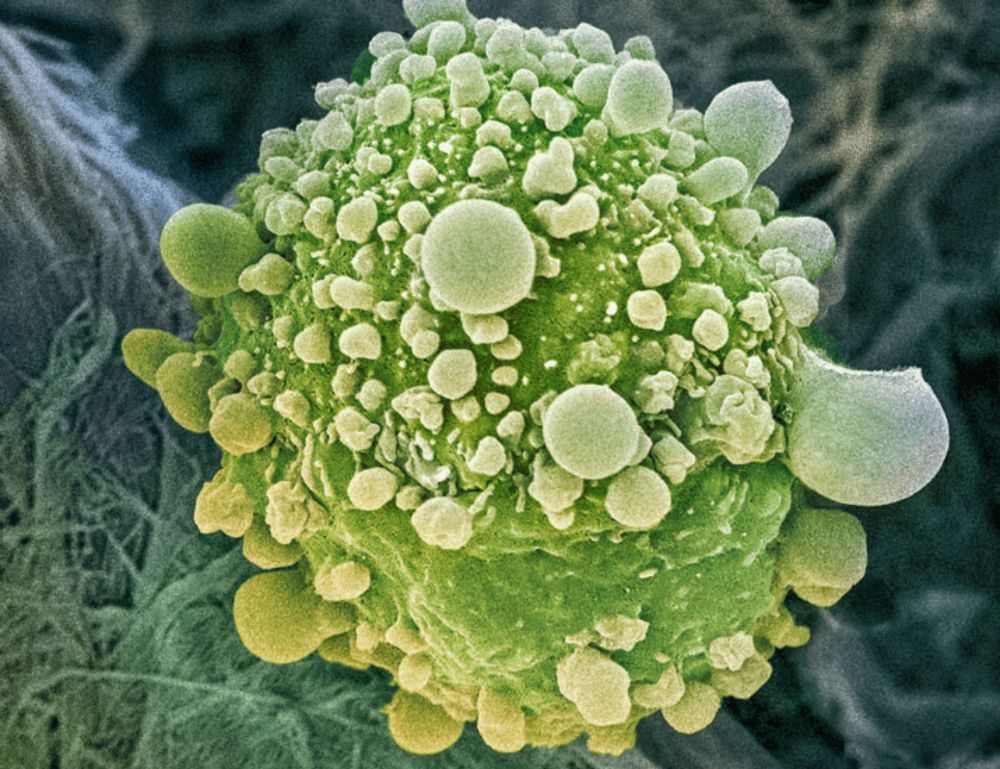
www.science.org/doi/10.1126/...
(1/4)
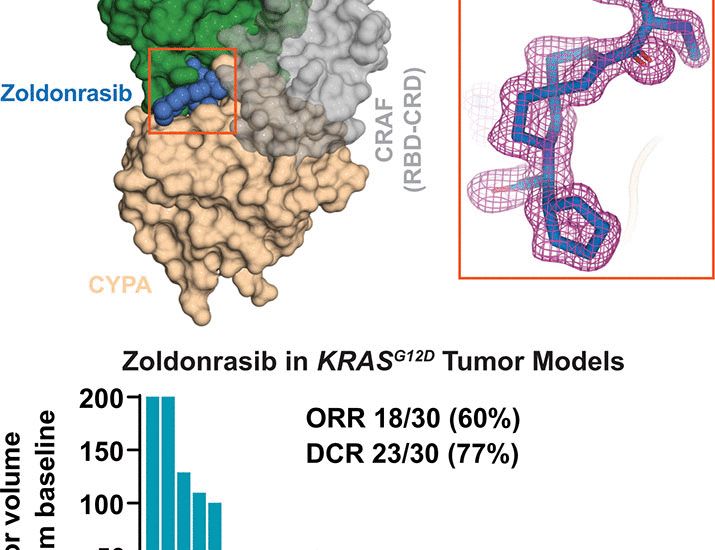
michmed.org/rwVDK
michmed.org/rwVDK
www.sciencedirect.com/science/arti...

www.sciencedirect.com/science/arti...

Apply: umg.recruiting-portal.com/r/z113b9i314...
#CancerResearch
#PancreaticCancer
Apply: umg.recruiting-portal.com/r/z113b9i314...
#CancerResearch
#PancreaticCancer
aacrjournals.org/mct/article/...

aacrjournals.org/mct/article/...

➡️ www.nature.com/articles/s41...
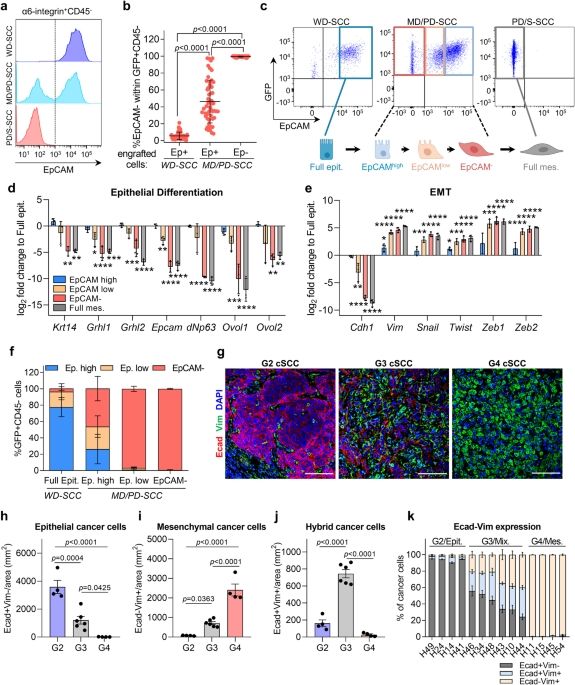
➡️ www.nature.com/articles/s41...
Apply: umg.recruiting-portal.com/r/z113b9i314...
#CancerResearch
#PancreaticCancer
Apply: umg.recruiting-portal.com/r/z113b9i314...
#CancerResearch
#PancreaticCancer
Welcome Max!
Welcome Max!
New #organoid protocol allows the seemingly indefinite expansion of human fetal pancreatic Lgr5+ stem cell 1/
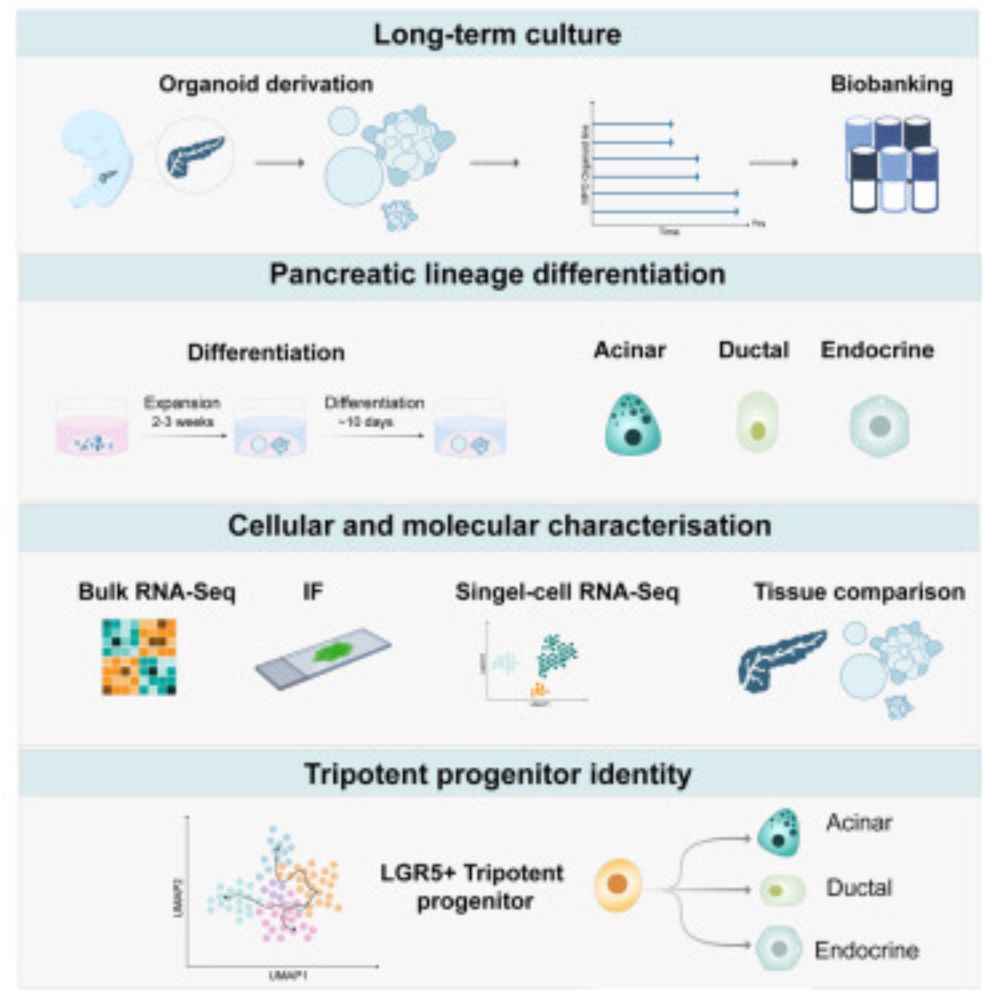
New #organoid protocol allows the seemingly indefinite expansion of human fetal pancreatic Lgr5+ stem cell 1/
Cancer Discovery asked me, Katherine Aird, Aadel Chaudhuri, Jennifer Guerriero, Shiri Gur-Cohen, Benjamin Izar, Brittany Jenkins, Delphine Merino, Alejo Rodriguez-Fraticelli & Shensi Shen, & here's what we said
aacrjournals.org/cancerdiscov...
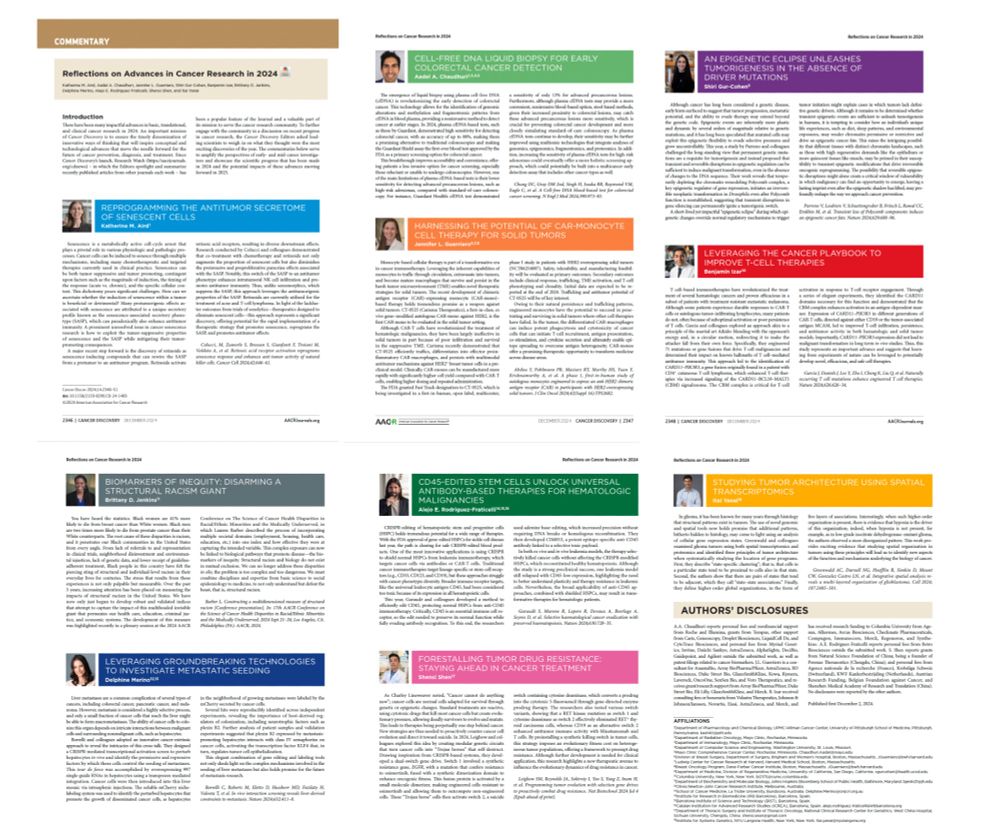
Cancer Discovery asked me, Katherine Aird, Aadel Chaudhuri, Jennifer Guerriero, Shiri Gur-Cohen, Benjamin Izar, Brittany Jenkins, Delphine Merino, Alejo Rodriguez-Fraticelli & Shensi Shen, & here's what we said
aacrjournals.org/cancerdiscov...

Jessica Sacco, Esther Gomez and colleagues find that chemomechanical regulation of EZH2 localisation controls EMT.
Highlight: journals.biologists.com/jcs/article/13…
Article: journals.biologists.com/jcs/article/13

Jessica Sacco, Esther Gomez and colleagues find that chemomechanical regulation of EZH2 localisation controls EMT.
Highlight: journals.biologists.com/jcs/article/13…
Article: journals.biologists.com/jcs/article/13
Application details for our “Genomic responses to disease plasticity” program to follow soon!
sohub.io/rl2y

Application details for our “Genomic responses to disease plasticity” program to follow soon!
sohub.io/rl2y


The topic will be „Advances in gene regulation, editing, and medicine“.
Anything that you’d like to be highlighted?
gbm-online.de/en/the-gbm-2...
The topic will be „Advances in gene regulation, editing, and medicine“.
Anything that you’d like to be highlighted?
gbm-online.de/en/the-gbm-2...
The journal Carcinogenesis has released a special issue on #PancreaticCancer research in honor of Perwez Hussain. It contains several open access reviews and Perwez’s last article.
Please read and share. He is deeply missed.
academic.oup.com/carcin/issue...
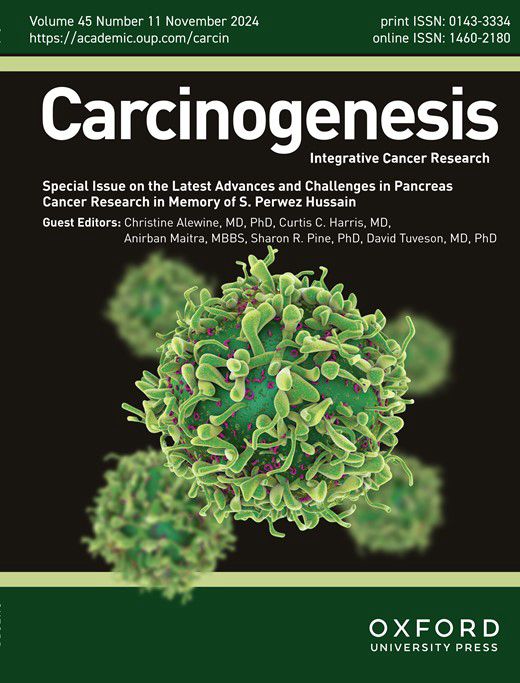
The journal Carcinogenesis has released a special issue on #PancreaticCancer research in honor of Perwez Hussain. It contains several open access reviews and Perwez’s last article.
Please read and share. He is deeply missed.
academic.oup.com/carcin/issue...




